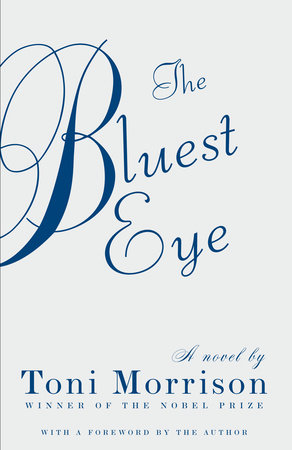
Bill Broun
Faculty Advisor
Please, be your messy self as a writer.
Last spring, I began telling my writing students in English classes at ESU that if push ever comes to shove in writing choices for essays, I would much rather have an authentic voice than perfect grammar or smooth, “effective” prose.
Yes, grammar and elegant phrasing matters. No English professor will ever concede the need to teach good grammar and usage.
But humanity, in all its crooked, misspelled and crayon-scrawled glory, is a hundred times more precious, and these days, sadly, far more endangered.
Most of us on college campuses appreciate the importance of diversities of race, ethnicity, gender identity, and ability, but we also need to start talking about threats to the very voices of these diversities.
As a college professor, what I’m seeing in these still early days of artificial intelligence-fueled writing on college campuses is a slow killing off of the various idiosyncrasies that make people uniquely them.
Students get seemingly good advice from tools such as Grammarly to avoid redundancy or make writing more “concise,” but part of what sometimes makes writing beautiful are its lumpy weirdnesses and its lack of concision or correctness.
Even my humble Microsoft Word grammar-checker gives terrible advice too often. In Toni Morrison’s (often banned) masterpiece The Bluest Eye (1970), at one point we read this: “But was it really like that? As painful as I remember? Only mildly. Or rather, it was a productive and fructifying pain. Love, thick and dark as Alaga syrup, eased up into that cracked window. I could smell it — taste it — sweet, musty, with an edge of wintergreen in its base.”
But my grammar-checker wants me to remove that second question mark. It would replace the Nobel Prize-winner’s question mark with a silly period, and completely destroy the meaning and tone of Morrison’s work.
Toni Morrison was wise enough to know when to follow her instincts and write something others might not consider “correct”; but what chances do students have when under pressure to succeed by writing a polished political science paper, for instance?
I had a student recently tell me that he used ChatGP to help reword a passage of an English essay. While the reworded section was grammatically correct, it was also, unmistakably, the most boring and personality-free part of his essay. It was so obvious, too. He realized this and rewrote, this time being his imperfect, wonderful self.
As professors, we need to nurture and celebrate idiosyncrasies in writing. Yes, it can be tough to do this when we’re also trying to teach good grammar and usage. One way we can all work toward linguistic diversity is by creating and celebrating spaces for students to write freely and openly and without fear of corrective judgement.
I hope my ESU colleagues will join me in finding other ways, too, of preserving the unique voices of writing that make our campus so special.
Professor Bill Broun is the faculty advisor for the Stroud Courier. He teaches writing classes in the English Department.

